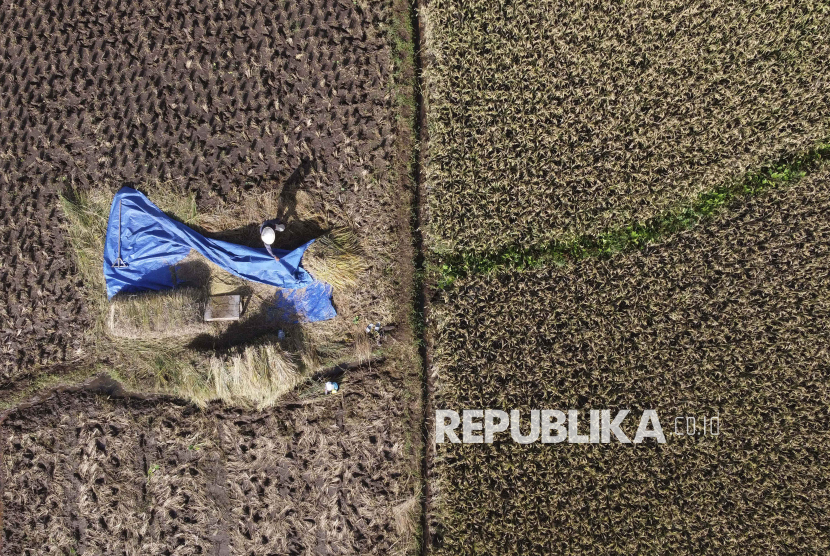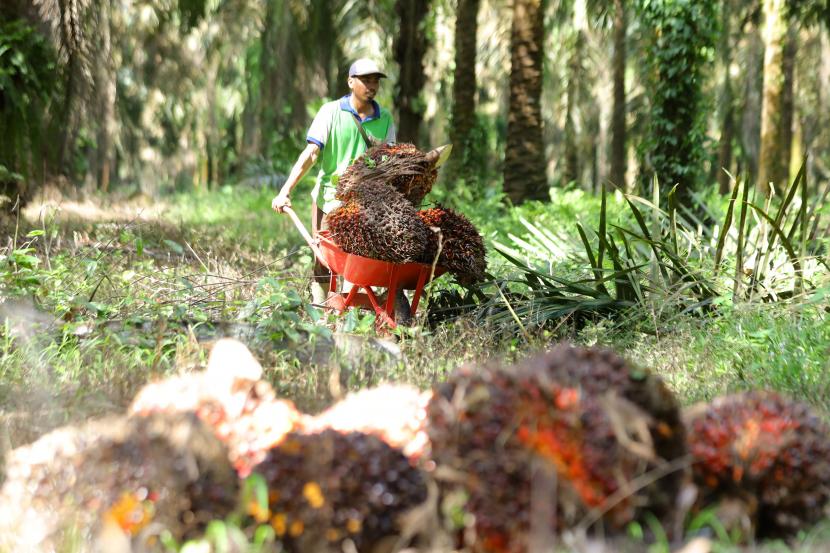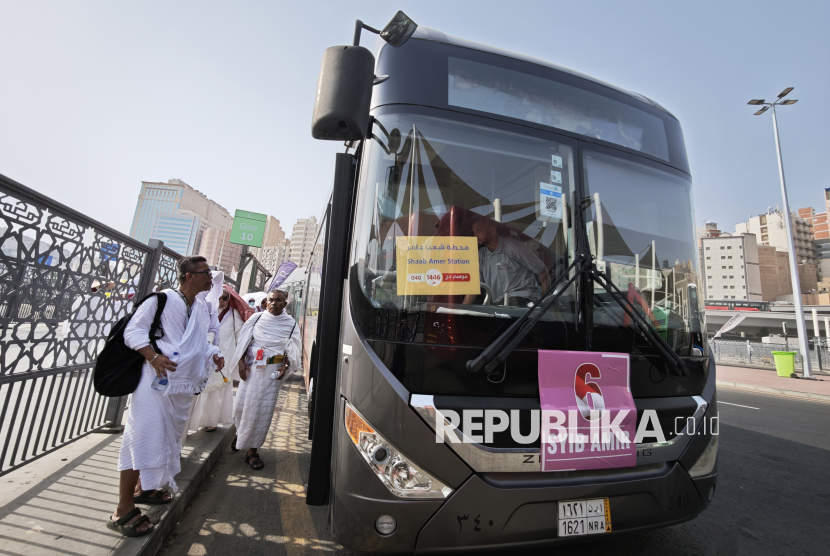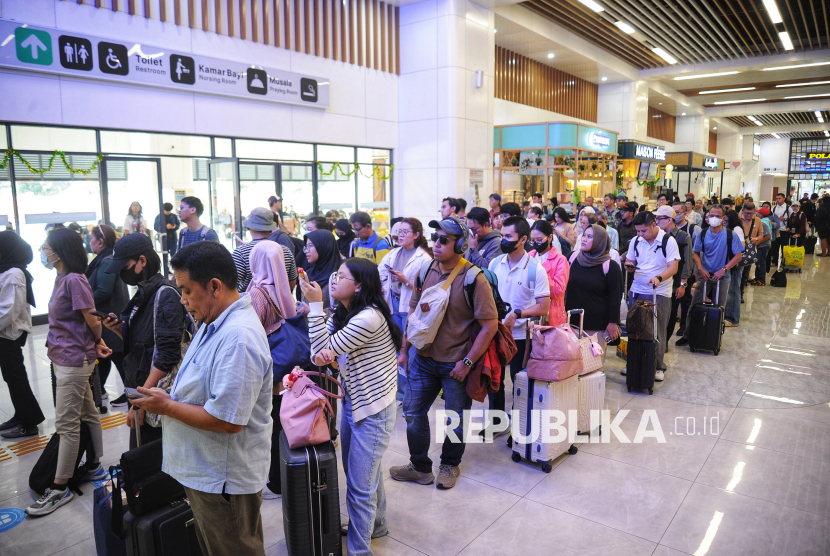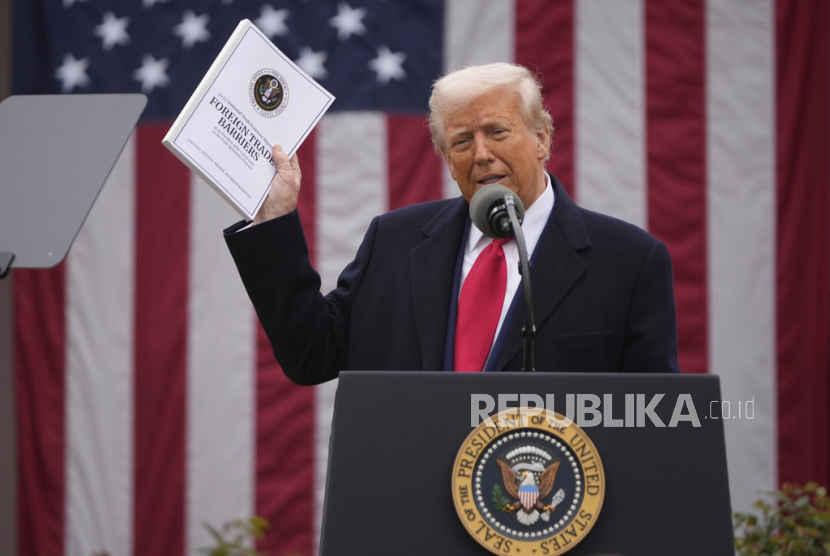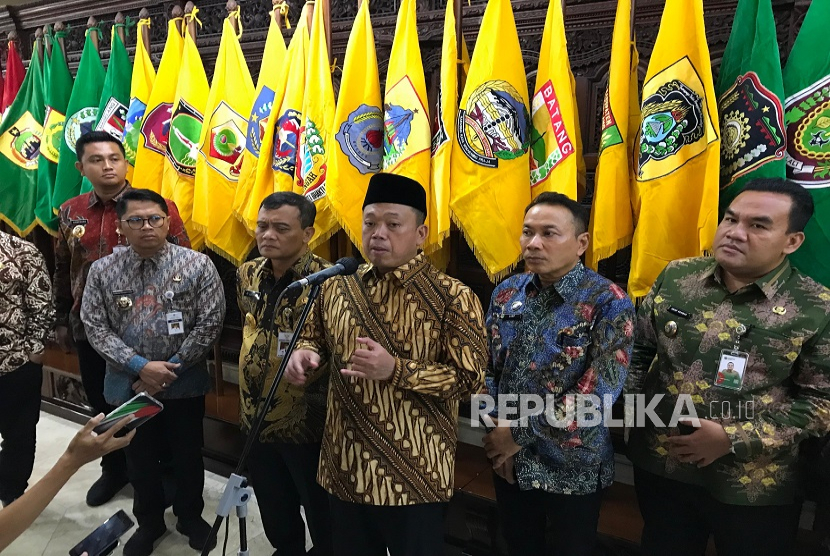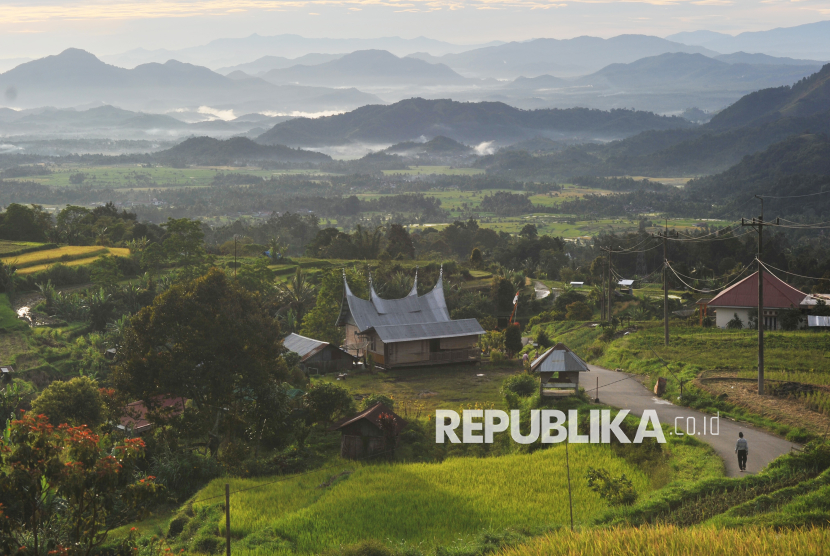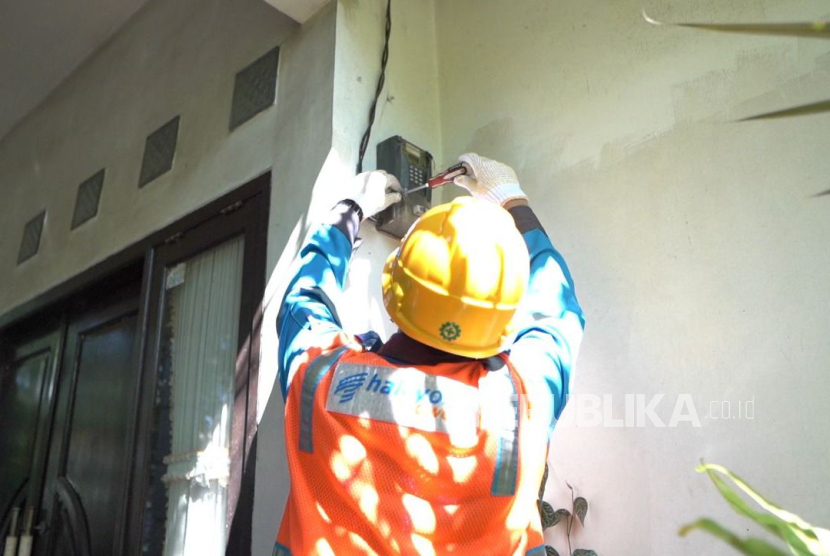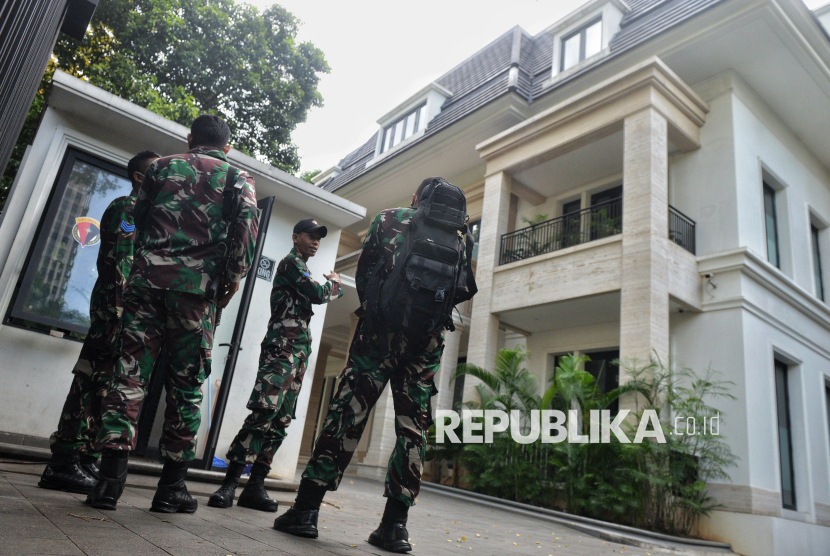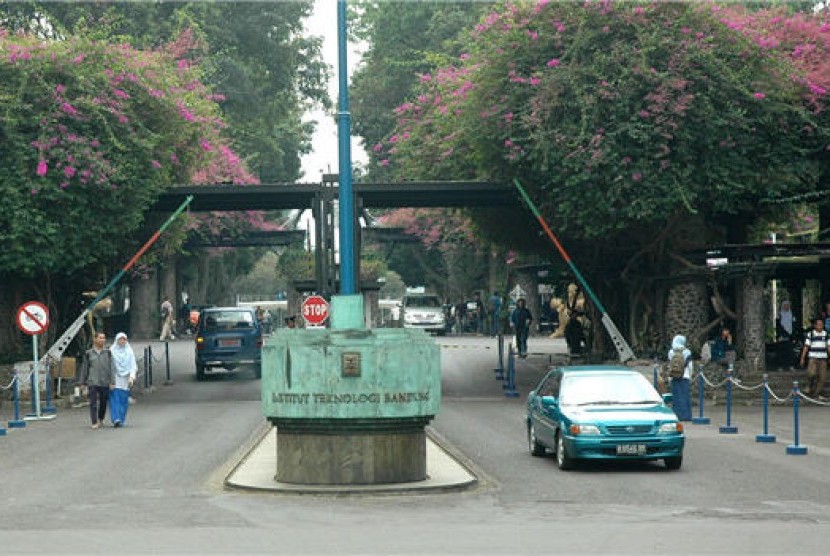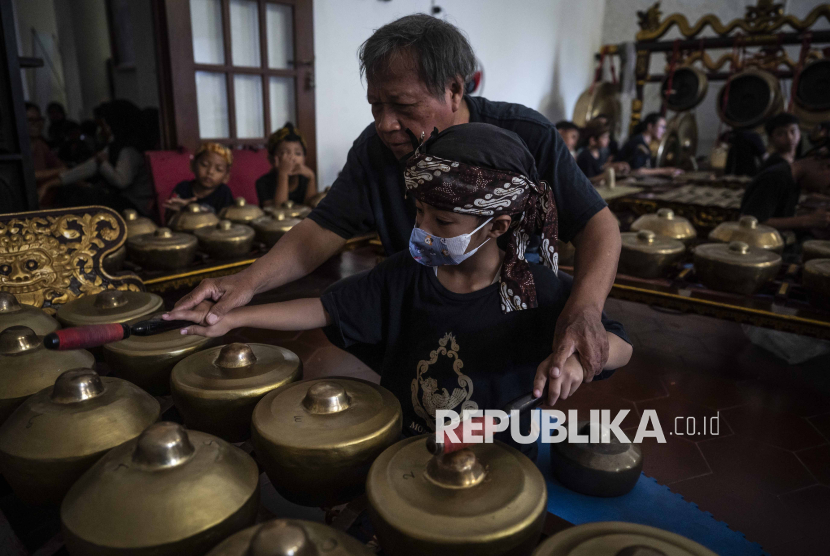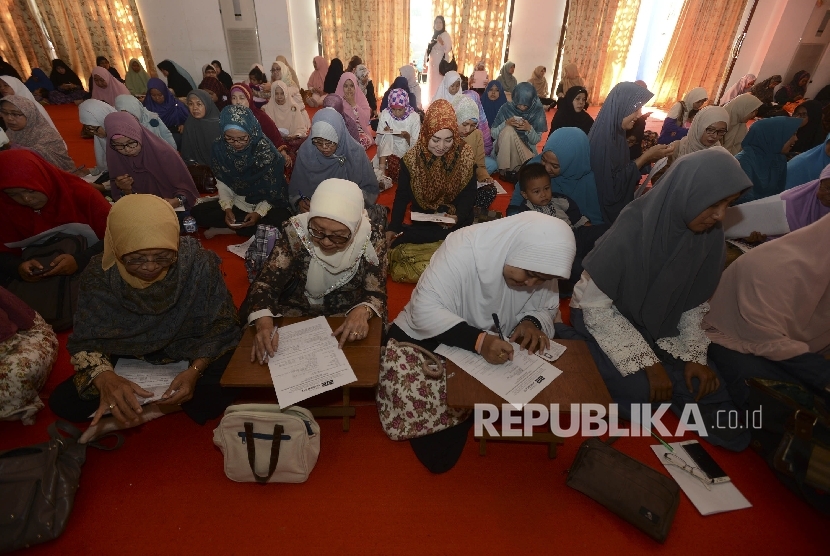REPUBLIKA.CO.ID, JAKARTA — Finance Minister Sri Mulyani Indrawati anticipates the impact of the global economic turmoil on the implementation of the energy transition. During a discussion with the UK's Special Representative for Climate, Rachel Kyte, Sri Mulyani highlighted that the issue of climate change, particularly the energy transition, is becoming more complex amid global dynamics. The conditions of the disrupted supply chain were judged to slow down the energy transition process.
“If the country loses investment in green energy due to weak economic conditions, it means that the energy transition process will also slow down and the use of non-renewable energy such as coal will grow longer, while the impact of climate change itself is inevitable,” Sri Mulyani said, quoted from Instagram account @smindrawati in Jakarta, Sunday (11/5/2025).
He underlined that the situation is an urgency that must be addressed immediately. The Ministry of Finance noted that the State Revenue and Expenditure Budget (APBN) has allocated funds for climate action amounting to Rp 610.12 trillion throughout 2016 to 2023.
The Head of the Climate Change Financing Policy Center and Multilateral Fiscal Policy Agency (BKF) of the Ministry of Finance, Boby Wahyu Hernawan, detailed that the realization of climate funding from the State Budget reached an average of Rp 76.3 trillion per year or 3.2 percent of the total budget.
“Cumulatively, the total reached Rp 610.12 trillion. This only covers 12.3 percent of the climate financing needs up to 2030,” Boby said.
The government continues to optimize public financing and encourage private sector involvement. From the fiscal side, the Ministry of Foreign Affairs has provided various tax incentives, such as for the renewable power generation sector and electric vehicles.
From 2019 to 2024, the government has provided fiscal incentives worth Rp 38.8 trillion for climate-related sectors, and this figure is expected to reach Rp 51.5 trillion by the end of 2025.
The government also devised innovative financing schemes such as green sukuk, SDG bonds, and the application of a sustainable finance taxonomy. In addition to the state budget, the government developed a blended finance scheme, a financing collaboration between the public and private sector.
From the private sector side, the government encourages businesses to be more proactive in reducing carbon emissions, implementing sustainable practices, and innovating in environmentally friendly technologies, including energy efficiency, the circular economy, and product carbon footprint reporting.
The government also encourages businesses to carry out climate budget tagging and support the implementation of the Carbon Economy Value policy, which is now open to domestic and international markets.
sumber : Antara

 18 hours ago
6
18 hours ago
6



